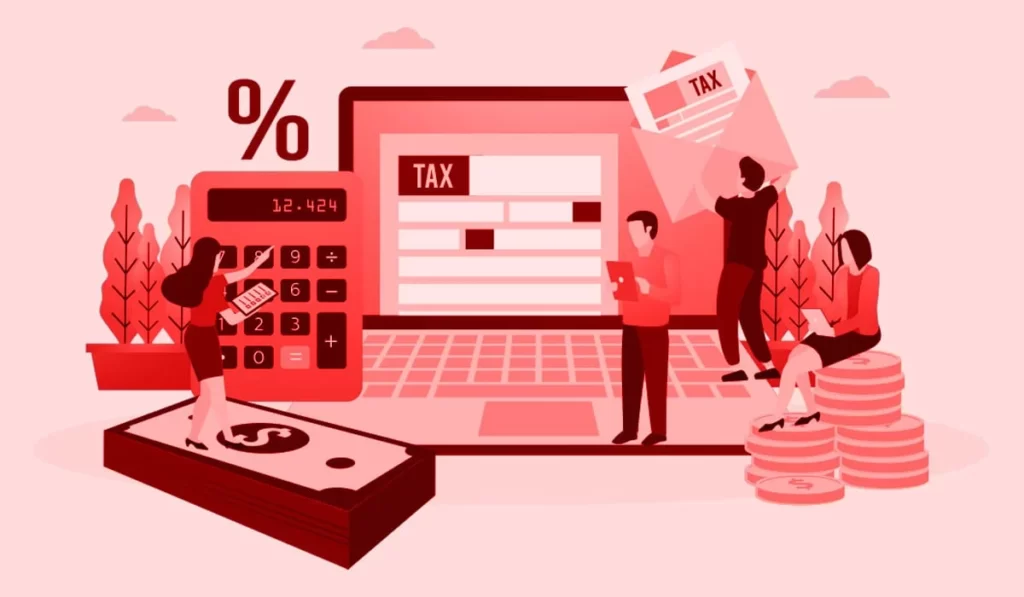Maintaining and updating your point of sale system is crucial for the smooth operation of your retail business.

The Future of Queue Management Systems

Maintaining and updating your point of sale system is crucial for the smooth operation of your retail business.
It enables you to handle transactions, properly manage inventory, monitor sales, and produce reports.
To guarantee your POS system’s optimum efficiency, security, and functionality, regular maintenance, and updates are required.
The implementation of the cashless policy system in some countries has resulted in a notable rise in the number of POS terminals. Both customers and businesses can benefit greatly from these terminals.
Customers appreciate the ease and security of not handling and counting currency, which lowers the possibility of financial loss.
A POS system is a significant investment for any type of business, including restaurants and retail stores. To ensure the realization of your return on investment (ROI), it is essential to take system maintenance into consideration.
The secret to accomplishing this is giving your POS system the necessary attention and upkeep.
Below you can learn some ways to maintain POS System in good form and stay away from common problems that could harm your operations.

Ensuring the software and hardware of your POS system are up to date is crucial for enhancing speed, efficiency, and security.
It is vital to regularly install the most recent software updates and patches provided by your vendor.
These updates address software flaws, improve functionalities, and safeguard your POS system against emerging threats and vulnerabilities.
Hardware components such as scanners, terminals, routers, and printers can deteriorate, malfunction, or become outdated over time.
Therefore, adhering to the manufacturer’s guidelines and recommendations for updating and upgrading your system is important. Schedule these updates and upgrades during low customer activity periods to minimize potential disturbance.
Implementing regular maintenance routines and staying updated with software and hardware enhancements are crucial ways to maintain POS systems for long-term use.
Regularly maintaining and inspecting your POS system equipment is essential for prolonging its lifespan, preventing damage, and enhancing its appearance.
Utilize soft cloths, and alcohol wipes to effectively remove dust, filth, grease, and fingerprints from screens, keyboards, and printers.
Additionally, it is important to conduct thorough checks for any loose cables, damaged components, or indications of overheating or malfunctioning.
Should any issues be identified, it is advisable to promptly reach out to your provider or a qualified technician for timely resolution.
Excessive moisture and humidity can lead to problems with your systems, potentially causing damage to components and reducing their lifespan.
A practical solution for combating this issue is to utilize affordable and efficient dehumidifiers to remove moisture from your restaurant POS systems.
It is important to note that if you lack the knowledge to eliminate moisture and humidity effectively, it is highly recommended to seek professional assistance for POS maintenance.
Aside from damaging components and shortening the lifespan of your POS systems, moisture and humidity can also result in system malfunctions, data loss, and potential disruptions to business operations.
Therefore, adopting these ways to maintain POS system and taking proactive measures, such as implementing regular maintenance and monitoring moisture levels, contribute to seamless operation.
Establishing a regular practice of backing up your data and configurations is vital for guaranteeing the efficient operation and security of your POS system.
You can avert potential data loss, and corruption, by taking this precaution against system failures, virus assaults, and natural catastrophes.
It is recommended to make backups every day, ideally at the end of your business day, and to store them safely in places that are simple to get to, like external hard drives, or distant servers.
It’s also crucial to regularly test these backups to ensure their reliability and confirm that they can be restored if needed.
In addition to regular backups, implementing a comprehensive disaster recovery plan is one of the key ways to maintain a POS system.
A well-designed plan should include procedures and resources for swiftly recovering and restoring your system in the event of a tragic event or major disruption.
To prevent overheating and potential malfunctions, it is important to avoid overloading your POS system.
Regularly monitoring the power consumption of your POS system is crucial in this regard. If you notice excessive power usage, you can take steps to mitigate it, such as reducing the number of active lights or fans.
POS system maintenance is crucial for enhancing durability, ensuring uninterrupted performance, and ultimately improving your company’s operations.
Implementing smart power management is just one aspect of maintaining your POS system effectively.
Prioritize appropriate maintenance and put improvements into place for your POS system’s long-term use. Cleaning, testing connections, and updating software on a regular basis help to avoid problems and improve performance.
Implement manufacturer-provided upgrades, such as security patches and software updates, to correct vulnerabilities and offer new features.
Do this to be proactive. Periodically assess performance and take into account developments to pinpoint areas that want improvement.
Integrate additional hardware or software components to optimize workflows and boost productivity. Your POS system’s lifespan and capacity to serve your company’s demands, in the long run, are ensured by regular maintenance and improvement.
To protect sensitive consumer data and avert potential breaches, security flaws in POS maintenance must be found and fixed.
Businesses can proactively reduce risks by routinely checking the system for vulnerabilities, such as out-of-date software, weak passwords, or unsecured communication channels.
Implementing proper maintenance and system enhancements are crucial ways to maintain a POS system for long-term use.
By regularly updating software and hardware, keeping the system clean, ensuring data backup and disaster recovery, avoiding overloading, and implementing improvements, you can optimize the efficiency, security, and functionality of your POS system.
These practices will not only extend the lifespan of your ERP and POS Software solution but also enhance your business operations, customer experience, and return on investment.
Prioritizing these ways to maintain your POS system is essential for the smooth operation and success of your retail business.
Great! What’s the single biggest challenge you’d like a software solution to solve for your business? 🎯
💡 Suggested Solution Ideas:
Just one more step! Share your details so our experts can connect with you personally and discuss tailored solutions. 🤝
Thank You for Connecting! 🎉
We've received your information and a specialist will be in touch with you very shortly to discuss how we can help your business thrive.
In the meantime, feel free to browse our resources or reach out if you have immediate questions.
Understood! 🙏
No worries if you're not exploring software solutions right now. Our door is always open if your needs change!
Feel free to explore our other offerings or connect with us anytime.